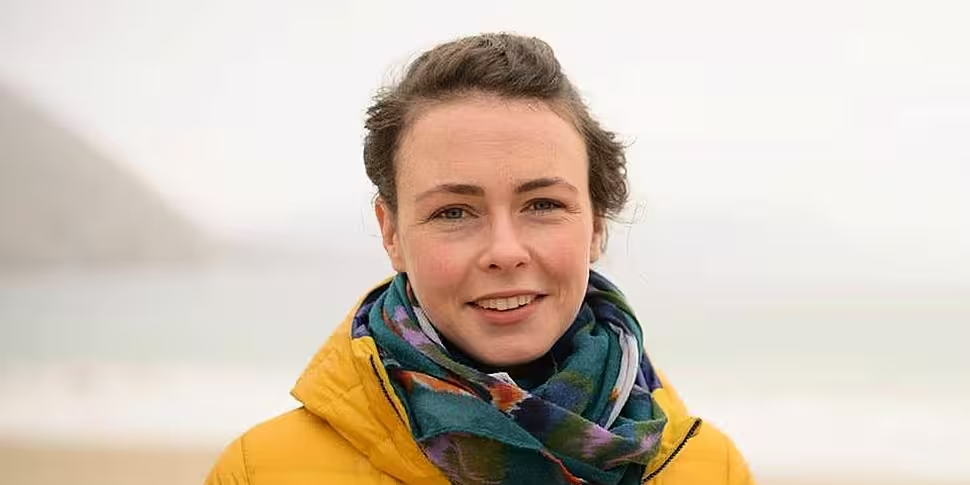Saoirse McHugh was stunned when she first went to a GP seeking help for her bulimia.
The former Green Party candidate, who narrowly missed out on a seat in the national and European elections, said she was asked a host of strange questions by doctors when trying to get treatment.
Bulimia is an eating disorder characterised by binge eating followed by purging, which normally means either making yourself sick, or over-exercising in an effort to prevent weight gain.
Ms McHugh suffered from the disorder from her teens through to her early 20s, before successfully getting treatment in a private clinic in Galway.
She spoke to Newstalk's Paul O'Donoghue for The Hard Shoulder about her experiences to highlight the lack of eating disorder treatment services in Ireland.
"I went to one [GP] and I was saying to him: 'I have bulimia, I need help'. I don't know if he was trying to psycho-analyse me or did he just watched too much telly," Ms McHugh said.
"I was telling him about my family, and my sister is quite disabled. He was like, 'Ok, do you wish she was never born?'
"I was like: 'What? No, that's ridiculous.' And then we went on, and he goes: 'Are you gay?' It was bizarre.
"He kept pushing at those things until I was like 'OK, I’m out of here, this is weird.'
"Another doctor said: 'You’re a fine weight, and we all have our little quirks.'
"They were awful experiences, it was like neither of them knew what eating disorders were."
'Sanitised' mental health conversations
Ms McHugh said there is a need for a national campaign highlighting more serious mental health issues - including eating disorders.
"I think a public messaging campaign. It's not being talked about in the whole 'It’s OK not to be OK' discourse… I think that stops people coming forward.
"Sometimes I think talking about mental health is spoken about in a way that is a bit sanitised.
"Indicators that would show you really need help - people not getting out of bed for days, or having violent intrusive thoughts, or people binging and purging.
"No one is talking about that."
Anyone affected by issues raised in this article can contact BodyWhys on 01-210-7906 or e-mail alex@bodywhys.ie
Reporting by: Paul O'Donoghue









